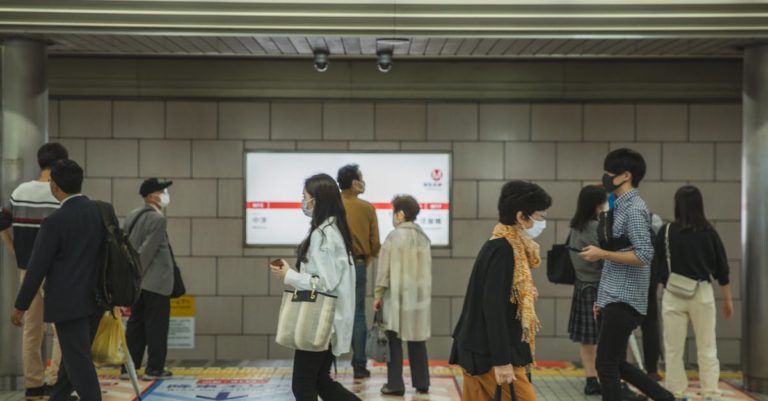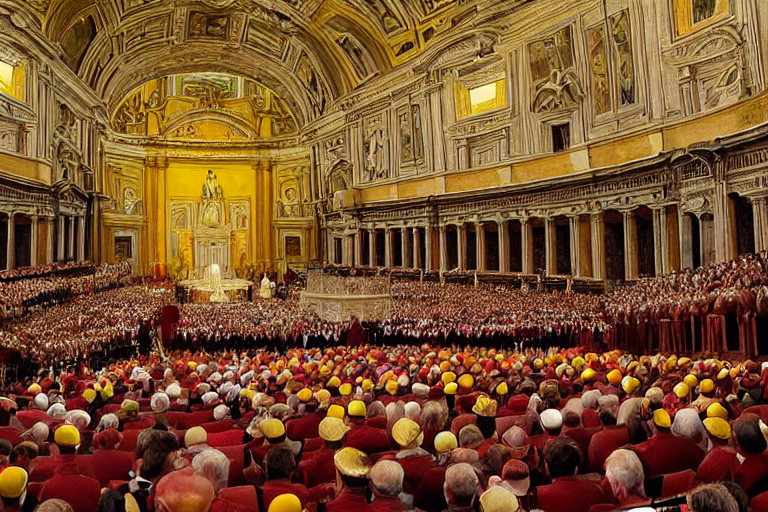On Wednesday, Pope Francis stated his grave worry about the health of the predecessor to him, Pope Benedict XVI, declaring that he was “very unwell.” With a at the age of 92 Pope Benedict XVI made history when he became the first pope for six centuries to step down from his post in 2013. He has been living in Vatican City, and has largely avoided the press. We hope Benedict’s health Benedict gets better and the illness will be completely gone. Even in these times of uncertainty, we also pray that Pope Benedict will be surrounded with the support and kindness of everyone close to him. It is also important to acknowledge the contribution that Pope Benedict XVI.
1. Why did the pope Benedict XVI resign in 2013,
The resignation of Pope Benedict XVI was a remarkable event in the history and growth of the Catholic Church. It took almost six decades since the last time that a pope abdicated. The exact details of the circumstances that led to the decision are in the dark, it’s widely believed that the increasingly old age of the pope aged 85 in 2013, along with the lack of energy and the strength required to cope with the obligations of the pontificate were among the major reasons that lead to Pope Benedict’s resignation.
2. How did the Vatican react to Pope Francis’s statement about Pope Benedict XVI’s health?
The Vatican responded to Pope Francis’ remarks about Pope Benedict XVI’s health by thanking him for his concern and for his service as the 266th pope of the Catholic Church. Benedict XVI, the pope is the first Pope to retire as Pope in more than 600 years. He spoke of his age and health. The news was met with a reaction from the Vatican that was patient and grateful for Benedict’s services. Francis’ announcement of his resignation was a sincere and simple way to express his gratitude. Further, Benedict’s resignation , and later his health issues, had a ripple effect across the Catholic Church in the meantime, while the world watched to see how the Church would respond to such the most unprecedented of events.
3. What evidence did the Vatican used against Maciel as a Pope John Paul II?
Since its beginnings at the time of its founding, the Vatican has earned a reputation for the strictness with which it adheres to its traditional values. Pope Benedict is no different. A number of reforms were implemented in his time as Pope, all of which sought to enhance transparency and accountability in Church dealings. The most prominent of these changes was the introduction of a disciplinary procedure against Father Marcial Maciel degollado, who was the leader of the Legion of Christ, in 2004. This process was initiated after revelations were made to the Vatican that Father Maciel engaged in numerous shady practices, like poor financial management and sexual assault of seminarians. This proof was convincing that the pope John Paul II was forced to launch an investigation into Maciel.
4. Which statement did Pope Francis conveyed to the Catholic Church concerning Pope Benedict XVI’s well-being?
The effect of Pope Benedict’s papacy and subsequent resignation has been extremely felt by the Catholic Church. Pope Francis is taking steps to ensure that the legacy left by his predecessor is cherished and preserved. Pope Francis released a February 2013 address to the Catholic Church in regards to the health of Pope Benedict XVI, where he stressed the importance of the power of prayer and compassion. He noted that Pope Benedict had “left us a precious legacy of suffering and prayer” and called on those who believe to gather with prayer, and to entrust his predecessor to the direction of God. He reminded Christians of how important humility is, noting that the pope is a man and that his decisions should be guided by faith not pride.
A Short Summary
Pope Benedict XVI has been an integral part of the Catholic Church since his election in 2005. However, the recent news regarding his condition has created a lot of anxiety for his faithful. To honor the respect for the dignity and privacy of former Pope Benedict, Pope Francis advised everyone to pray with his health and to show respect for his illness. The Pope also stressed the Catholic Church’s commitment to inclusiveness by supporting Lufthansa’s decision to no longer utilize the customary salutation of “ladies or gentlemen.” The story of Former Pope Benedict’s death is heartbreaking but it also underscores the importance being respectful of everyone, regardless of regardless of whether they’re spiritual figures or not, and treating others with compassion and respect.






